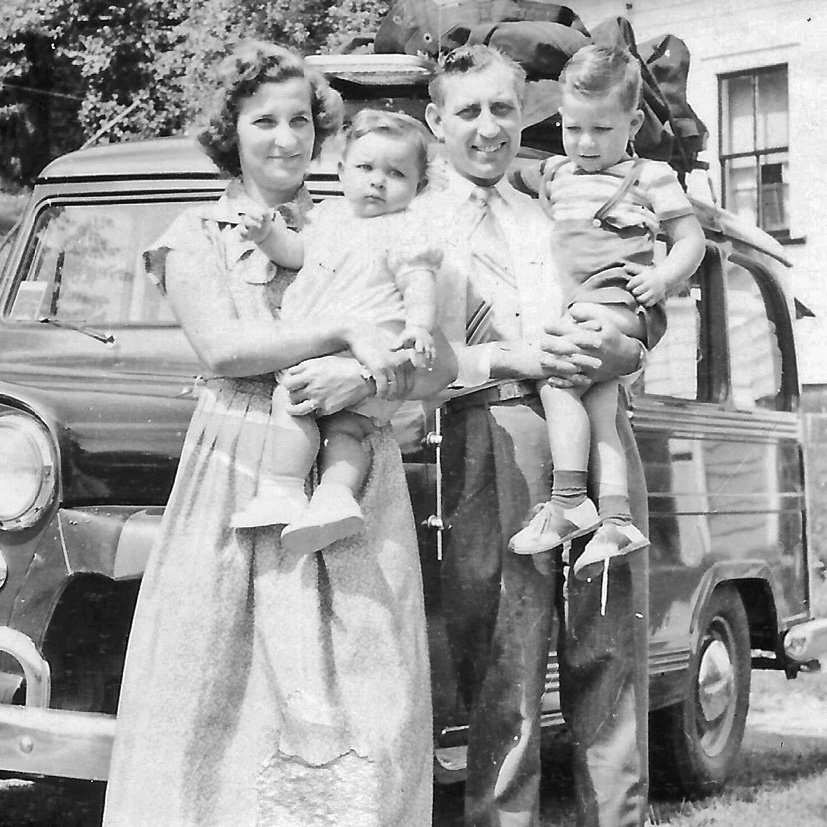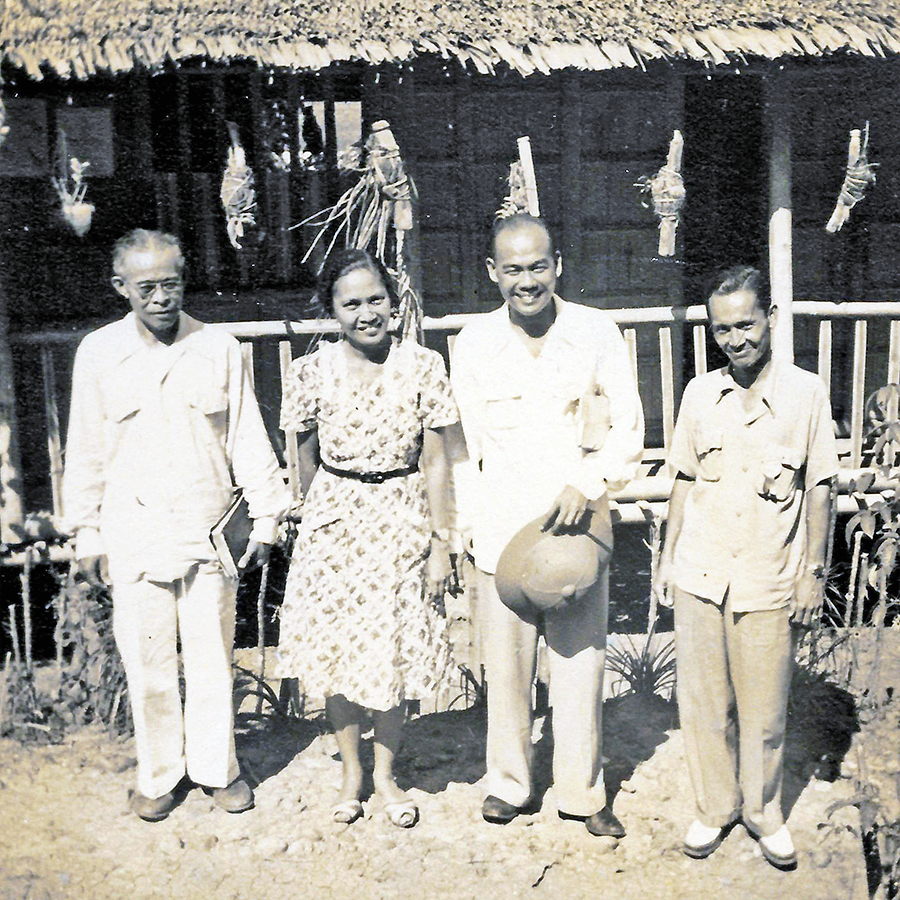History
From 1986 to the present, FMI lives out its mission of Facilitating, Mobilizing, and Inspiring indigenous church leaders around the world to share the gospel in their often unreached homelands.
140,000+
Saved through Faith
2,200+
Churches Launched
1,060+
Indigenous Partners
1,447
Unreached People Groups in our fields
13,120 miles
From U.S. to Most Remote Partner
9
Unique Forms of Transportation
Our Story
Ed Todd, a retired missionary who had served across South America and Asia, envisioned an agency to fortify indigenous church planters. While teaching at a Bible college in Asia, Ed had seen students who had received scholarships were quickly forgotten by those sponsors after they graduated. Without guidance and assistance during the crucial early years of church planting, when fledgling congregations would be too small or immature to support their pastor, many pastors had to abandon their ministries and take secular jobs just to feed their families.


In 1986, Ed’s vision became what is now known as FMI. Its initials stand for the distinctive strategy to facilitate, mobilize, and inspire such “forgotten” disciple-makers. Since the time FMI has come alongside them, about 1,000
qualified national church leaders have been propelled across areas which would have been hard to access by foreign missionaries. Thousands of churches have taken root, and about 140,000 people have placed their faith in Jesus Christ.
Today, FMI serves as the bridge between Western Christians and indigenous church workers in the world’s most populous Muslim-dominant regions: Indonesia, Pakistan, Bangladesh, Turkey, and Kenya at the Horn of Africa.






